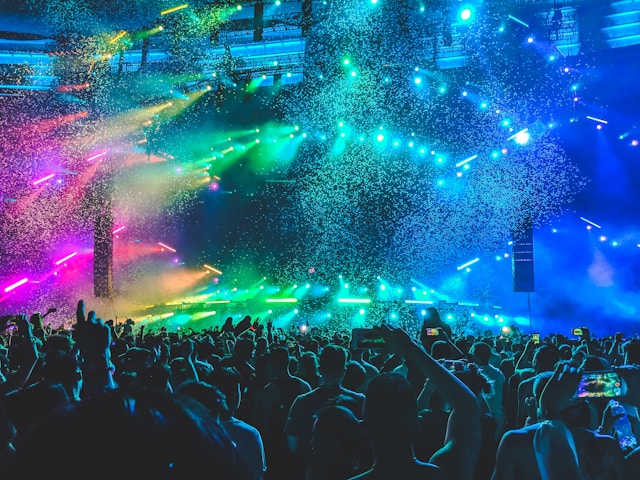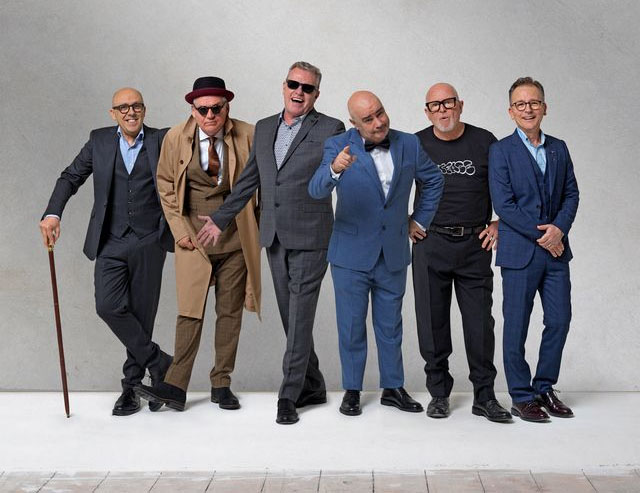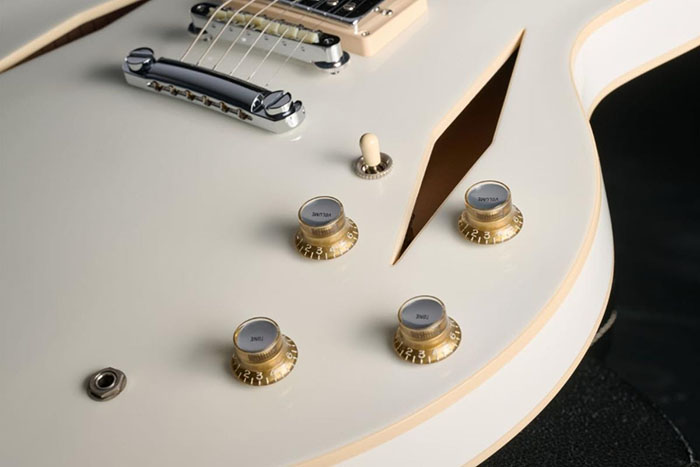When it comes to gaming experiences, music is far from an afterthought—it’s a key player. From the simple chiptunes of the classic arcade games of the late 20th century, to today’s fully-orchestrated compositions that accompany premium titles, music shapes how gamers perceive and engage with gaming experiences.
Meanwhile, artists from across the spectrum of musical genres have long found inspiration in gaming culture. Songs about everything from Sonic The Hedgehog to card games like poker have found their place in this cross-over culture, indicating just how the two industries influence each other.
If you’re curious about the evolution of music in gaming, read on to find out more.
The Power of a Soundtrack
If you’ve ever played a game from iconic franchises like The Legend of Zelda or Final Fantasy, you’ve felt the power of a good soundtrack. The music doesn’t just accompany your journey through the game; it drives it. Whether it’s the triumphant swell of an orchestra as you defeat the big bad or a haunting melody during the more introspective moments, gaming soundtracks simply hit differently.

Back in the early days of gaming, soundtracks—much like everything else— were limited by the technological capabilities of the time. However, while the chiptunes of the 8-bit era were simple and repetitive, they were anything but unforgettable! The Super Mario Bros and Tetris theme tunes have practically embedded themselves into popular culture…
As gaming technology evolved, so did the music. The 1990s ushered in the era of full orchestral soundtracks. Composer Nobuo Uematsu’s work on Final Fantasy set a new standard for what video game music could be, with symphonic scores that matched the complexity and emotional depth of the game unfolding.
Gaming music today has truly reached cinematic quality. Take Gareth Coker’s work on Ori and the Blind Forest or Austin Wintory’s evocative soundtrack for Journey—these scores aren’t just celebrated within gaming but in the broader music world as well.
Gaming-Inspired Music
Beyond the in-game experience, music inspired by games themselves and the iconic characters who populate them has cemented its place in popular culture.
To start with, anyone who’s ever listened to Kenny Rogers’ The Gambler, Motorhead’s Ace of Spades and Lady Gaga’s PokerFace won’t have missed the gaming references in all three songs, from specific poker hands to the art of bluffing. Poker is, of course, now an online gaming sector in its own right.
However, popular music through the decades hasn’t just included a gaming reference here and there, some artists have built entire careers by paying homage to the sector. Case in point: one of the most prominent artists in the “nerdcore” hip-hop genre, Mega Ran. His 2007 eponymously-titled breakthrough album is directly inspired by the classic Mega Man video game series. The album reimagines the game’s story and music, using samples from the game’s iconic soundtrack and crafting lyrics based on the game’s characters and narrative.
Meanwhile, speed metal band Powerglove are known for transforming 8-bit and 16-bit soundtracks into high-energy alternative compositions. Their music is entirely instrumental, and they’ve reworked classic video game themes from Street Fighter, Sonic The Hedgehog and Pokémon into blistering metal masterpieces.
Musicians and artists have been influenced by gaming soundtracks in other ways, too. Koki Kondo, the legendary composer behind the music for The Legend of Zelda and Super Mario Bros., is regularly named as a key influence on contemporary musicians. Artists from all genres have covered or sampled Kondo’s work, while EDM artists like Zedd and Deadmau5 have often cited Kondo’s work as a source of inspiration for their musical output.
Contemporary Gaming Soundtracks
As digital gaming becomes more and more technologically advanced, this is reflected in the soundtracks that accompany them. One of the more innovative trends in video game music right now is that of the dynamic soundtrack. Unlike conventional game sound design, which plays in a set loop or changes at specific plot points, dynamic music systems respond in real-time to what the player is doing.
Take Red Dead Redemption 2, for instance. As you roam the open world, the soundtrack subtly shifts based on your environment. When you’re in a quieter spot you might hear nothing more than the gentle strum of a guitar. But, when an enemy approaches, the music dramatically shifts to support the dramatically intense atmosphere.









Comments are closed.